7 things that defined Dubas' tenure as Maple Leafs GM
The Toronto Maple Leafs are facing a period of uncertainty after parting ways with general manager Kyle Dubas, ending a five-year saga that featured a plethora of regular-season success but just one playoff series win.
After Friday’s headline-grabbing breakup between Dubas and Maple Leafs president Brendan Shanahan, it's only natural to perform an autopsy on the executive's tenure in Toronto.
Here are the seven main things that defined Dubas' time at the helm of the Maple Leafs.
Unwavering loyalty to the Core 4
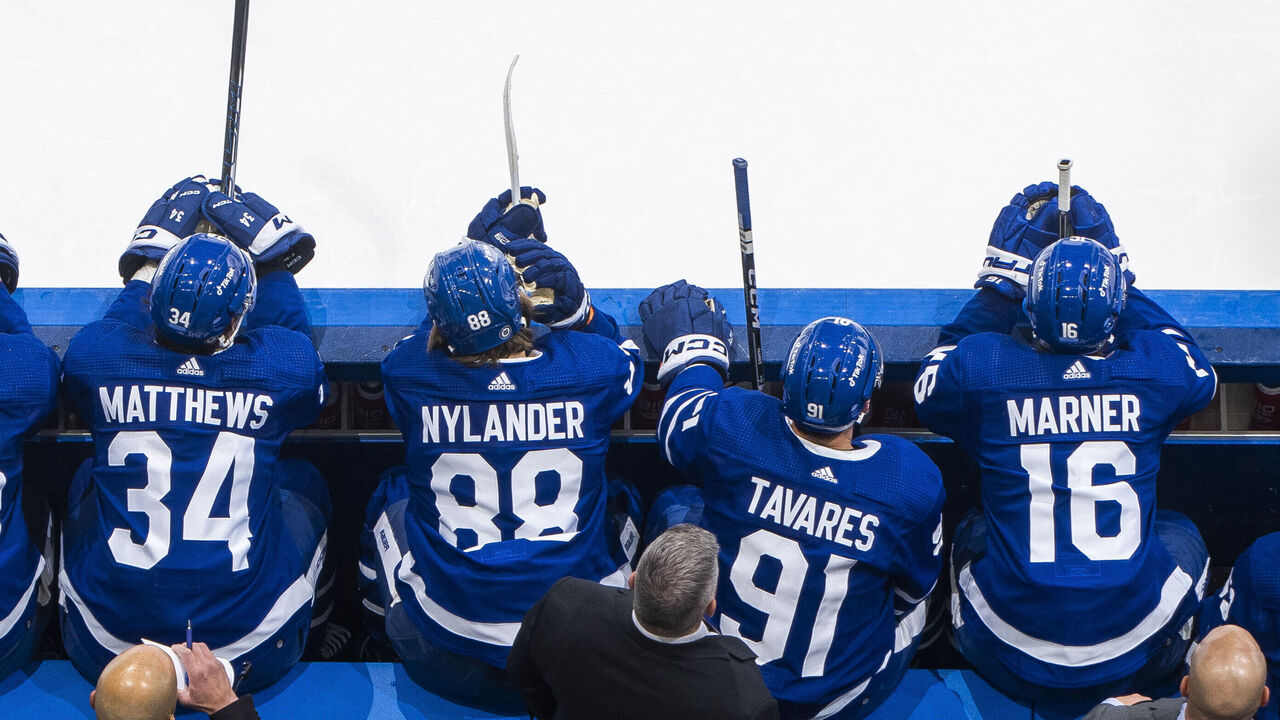
This is what Dubas' tenure as Leafs GM will be most remembered for: He lived and died by the team's core.
Dubas inherited William Nylander, Mitch Marner, and Auston Matthews, who were all drafted before he became GM in May 2018. But it was Dubas who signed John Tavares to a seven-year, $77-million contract as his first major move in July 2018.
People fairly questioned how the Tavares signing would impact negotiations for Dubas' upcoming restricted free agents. How could he get them all signed and have enough leftover money to build a strong supporting cast? But Dubas was adamant to make it work. Remember the "we can and we will" line?
The idea of getting them signed for as long as possible was sensible. The longer the contract, the better it ages over time as the salary cap (presumably) rises, even if it means overpaying in the short term.
Then came the pandemic and the flat cap, which made life difficult for all NHL teams. But the Leafs were among the hardest hit since Dubas had recently locked up the entire core. Remember, before the pandemic, the cap was expected to rise between $2.5 million-to-$6.7 million for the 2020-21 season.
If there was no flat cap, Tavares' $11-million hit looks much better than it does today. And the cap hits for Nylander, Marner, and Matthews would've aged like fine wine over time.
But even knowing there would be a flat cap for at least three seasons, Dubas didn't deviate from his plan and his top-heavy cap structure. That was probably a mistake, especially after the group's signs of fragility from the playoff collapse against the Montreal Canadiens in 2021. Dubas never even seemed open to the idea of a shake-up until his press conference Monday.
Matthews, Marner, and Nylander all blossomed into stars. And Tavares, even with his declining foot speed, has remained productive into the back half of his mammoth contract. So, it's easy to understand why Dubas was willing to put his job at stake for this group. But despite moments of looking like the core could carry the team to the promised land, it failed time and time again when it mattered most.
Firing Mike Babcock and bringing in Sheldon Keefe
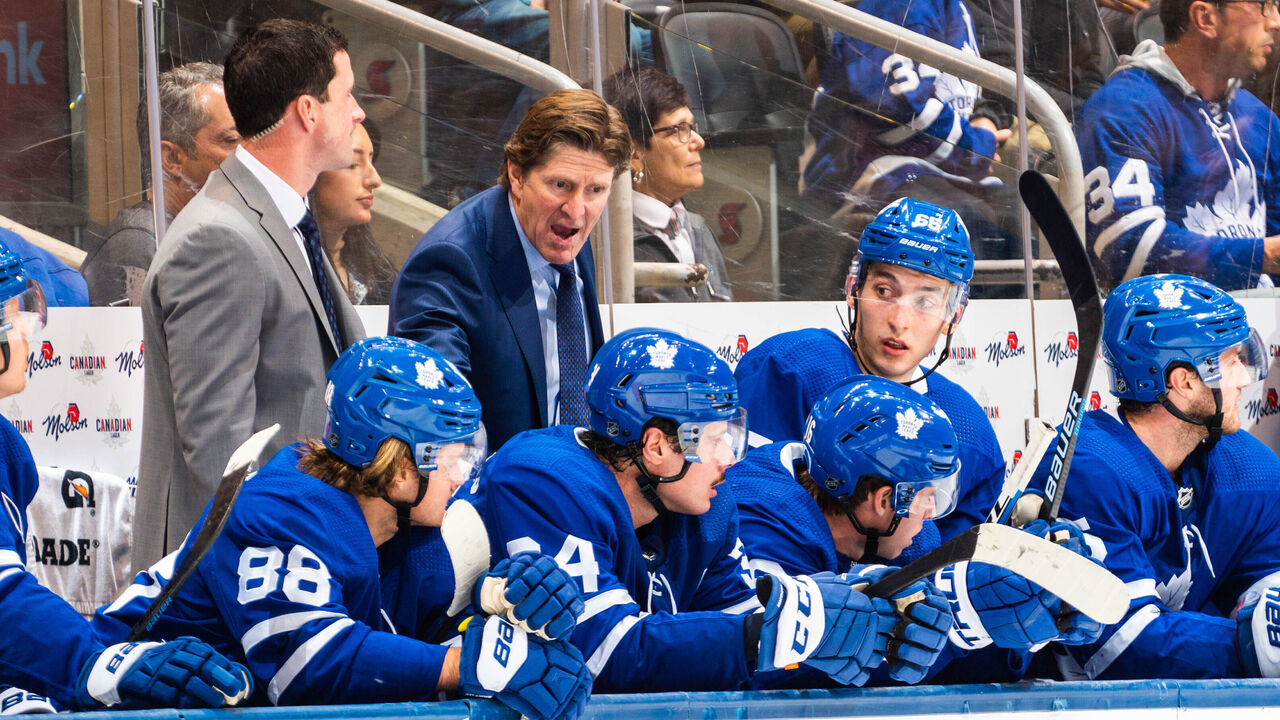
Dubas brought the hammer down on Mike Babcock in November 2019, firing the curmudgeonly head coach on the heels of a six-game losing streak that pushed Toronto outside of a playoff spot. The move ushered in Sheldon Keefe, who was promoted from his post with the AHL's Toronto Marlies.
The Maple Leafs have enjoyed regular-season bliss since Keefe took over the helm, amassing a 166-71-30 record to go along with a sparkling .678 points percentage, the fourth-highest in the league in that span. Keefe also guided the Leafs to their two best seasons in franchise history in terms of points (111 in 2022-23 and 115 in 2021-22). Unfortunately for Toronto, that success hasn't translated in the playoffs: Keefe's Leafs are 13-17 in the postseason with one series win under their belts.
What's next for Keefe - who's under contract for one more campaign - was already uncertain after the Maple Leafs were unceremoniously ousted from the second round by the surprising Florida Panthers this spring. However, his future is downright muddy with Dubas no longer in his corner.
Trading Nazem Kadri
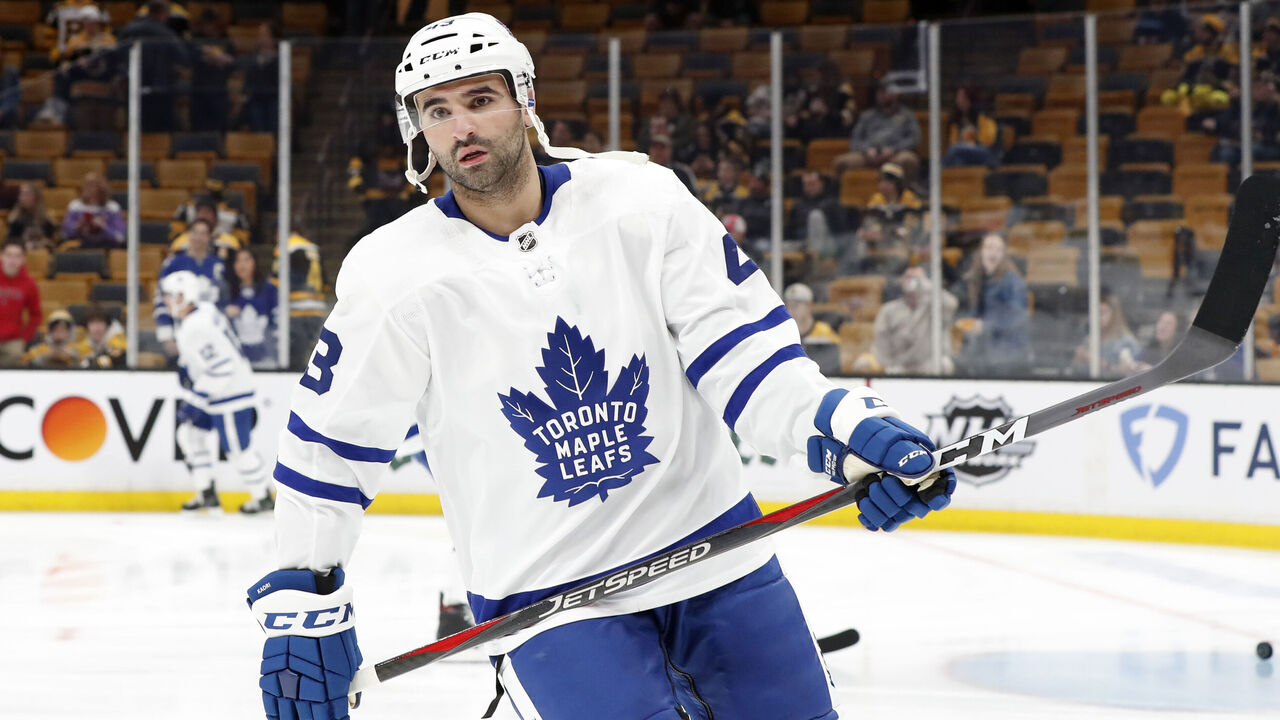
There was some sense behind trading Kadri, but it ended up as one of Dubas' worst moves. After all, Kadri was just coming off his second straight playoff suspension, and the Leafs had Matthews and Tavares as their 1-2 punch down the middle. Kadri was an overqualified third center.
But the return of Tyson Barrie and Alexander Kerfoot ended up being insignificant. Barrie wasn't the type of defenseman Toronto needed, as his defensive shortcomings were exposed with the Leafs before he walked as a free agent a year later. Kerfoot never developed into anything more than a versatile bottom-six caliber forward.
Kadri, meanwhile, ended up becoming an integral piece for the Colorado Avalanche's 2022 Stanley Cup victory.
Unearthing hidden gems
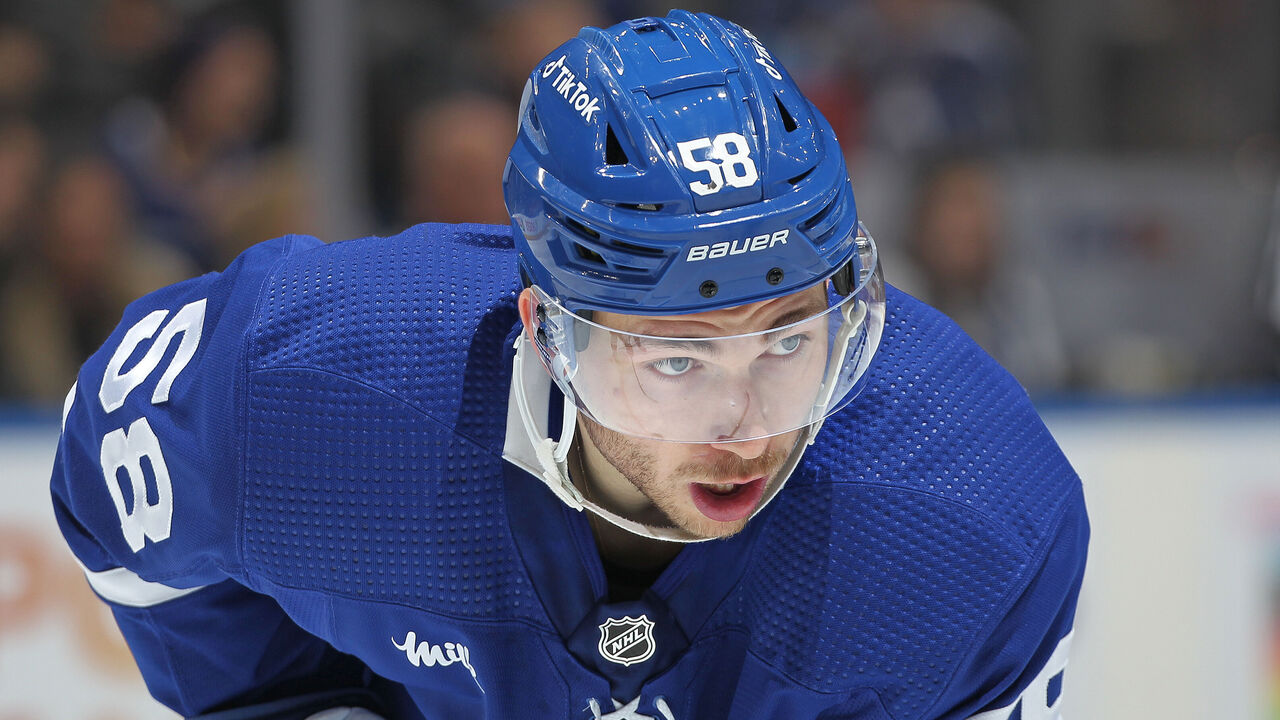
This is one of Dubas' best traits as a GM, and a necessary one given his devotion to the top-heavy cap structure. One of his first - and best - moves came while he was the interim GM in June 2015, trading Greg McKegg to the Florida Panthers for an unsigned fifth-round pick named Zach Hyman.
Dubas also made some savvy adds in free agency. Michael Bunting (two years, $950K AAV), David Kampf (two years, $1.5M AAV), and Ilya Samsonov (one year, $1.8M), in particular, stand out.
While many of Dubas' draft picks are still developing, he's made some good selections despite being a buyer his entire tenure. Snagging Matthew Knies in the second round in 2021 looks like a steal.
Acquiring Nick Foligno
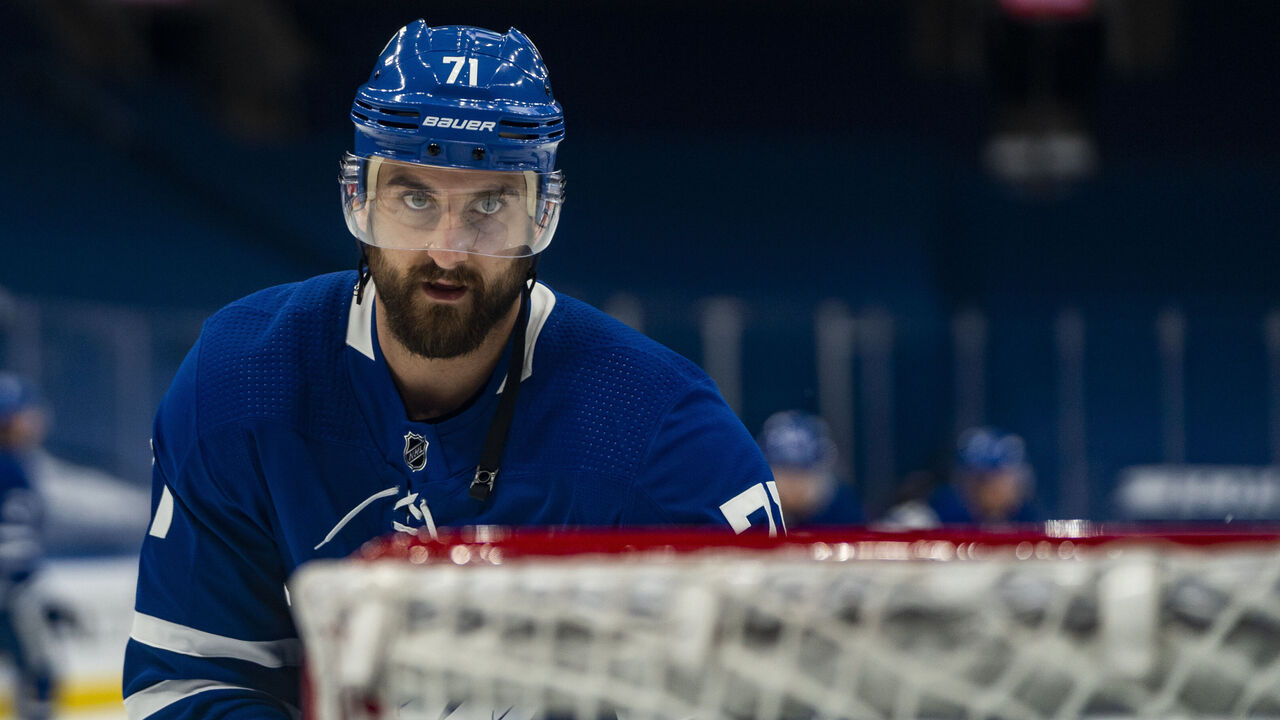
In a post-mortem of Dubas' Maple Leafs tenure, it'd be an oversight if we didn't mention his biggest flop.
Prior to the 2021 trade deadline, Dubas forked over a first-rounder and a pair of fourth-round selections to acquire Foligno from the Columbus Blue Jackets as part of a three-team trade. Foligno only suited up for 11 games as a Maple Leaf - including four in the playoffs - due to what he later referred to as a "debilitating" back injury.
Of course, Dubas had no way of knowing that Foligno's time as a Maple Leaf would be so limited, but that first-rounder was always a steep price to pay for a banged-up veteran forward on an expiring deal. Adding insult to injury, the Boston Bruins acquired Taylor Hall and forward Curtis Lazar from the Buffalo Sabres soon after in exchange for a second-round pick and Anders Bjork.
It wasn't Dubas' finest hour.
The expansion draft debacle
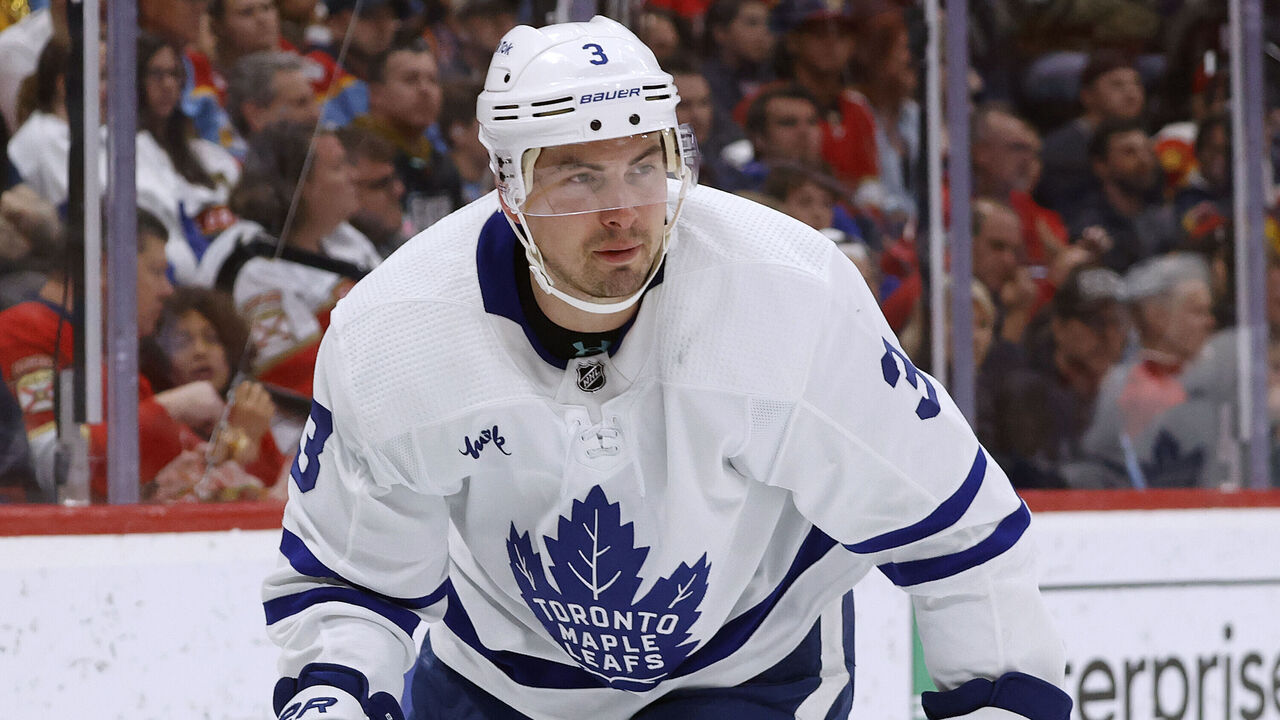
Justin Holl or Jared McCann? That was essentially the decision Dubas had to make for the 2021 Seattle expansion draft. If Toronto used the 7-3-1 format, Seattle likely would've taken Holl. Instead, the Leafs went 4-4-1 and let the Kraken scoop up McCann.
Dubas had just acquired McCann from Pittsburgh for pennies on the dollar because the Penguins didn't want to lose him in expansion for nothing. But instead of taking the asset and running with it, Dubas sacrificed McCann.
Holl had just established himself as a serviceable top-four defenseman and was still signed for two more years at a bargain $2-million cap hit. McCann's best season at the time was only 14 goals and 32 points in 43 games, but he was also just 25 at the time, four years younger than Holl.
The two players have gone in completely different directions since. McCann led the Kraken with 40 goals and 70 points this past season, while Holl was a healthy scratch at times during the playoffs.
The 2023 trade deadline
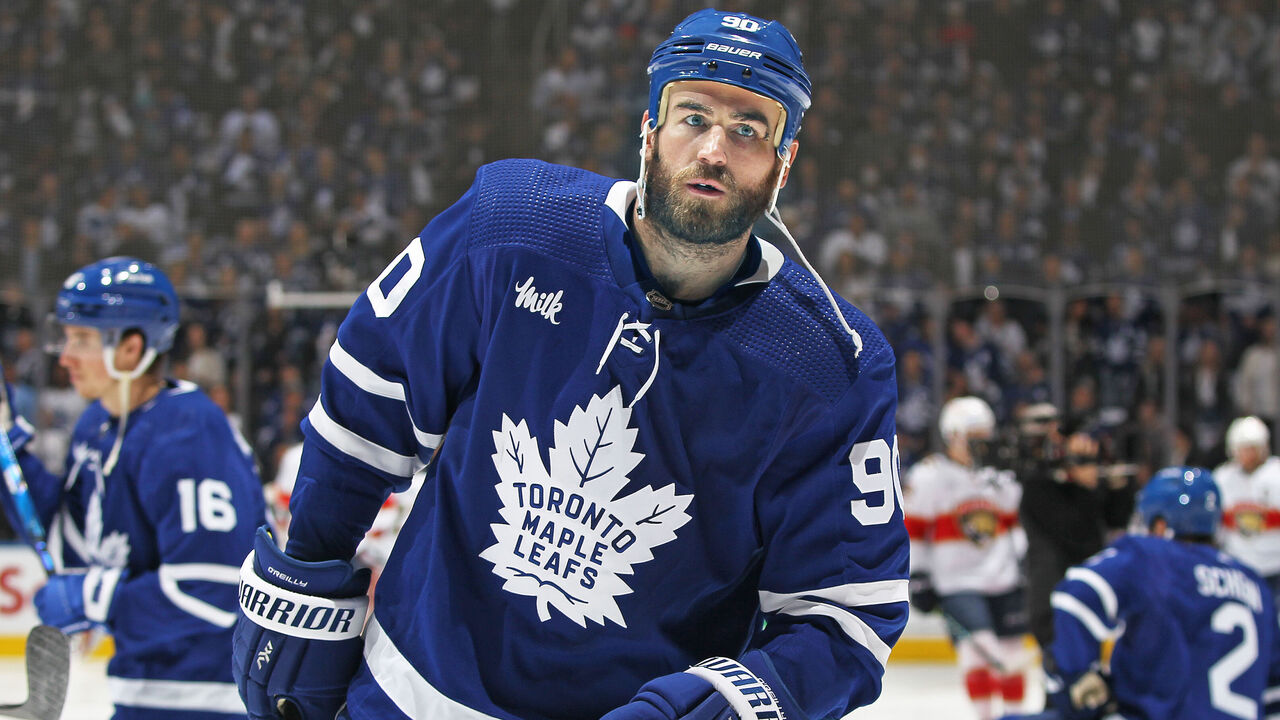
The Maple Leafs finally managed to make it out of the opening round of the playoffs in Dubas' final season with Toronto. Their long-awaited series win was largely possible due to the moves the executive made prior to the 2023 trade deadline.
In what might've been his biggest swing, Dubas picked up Conn Smythe Trophy winner Ryan O'Reilly and physical forward Noel Acciari from the St. Louis Blues. Dubas wasn't done there, further injecting some grit into his roster by acquiring forward Sam Lafferty, rearguard Jake McCabe, blue-liner Erik Gustafsson, and bruiser Luke Schenn.
Whether it was Schenn providing a stable presence on a pair with the offensively minded Morgan Rielly, or O'Reilly netting the equalizer in Game 3 against the Tampa Bay Lightning, many of Dubas' acquisitions made a sizeable impact in the playoffs.
Dubas has long had a penchant for acquiring aging, tenacious veterans on expiring contracts around the deadline (see: the aforementioned Foligno deal and the swap that brought Mark Giordano to Toronto in 2022). This season was no different. Of the Leafs' six new players, four of them - O'Reilly, Acciari, Gustafsson, and Schenn - are pending unrestricted free agents. It'll be up to a new GM to decide who of the bunch he wants to let walk.